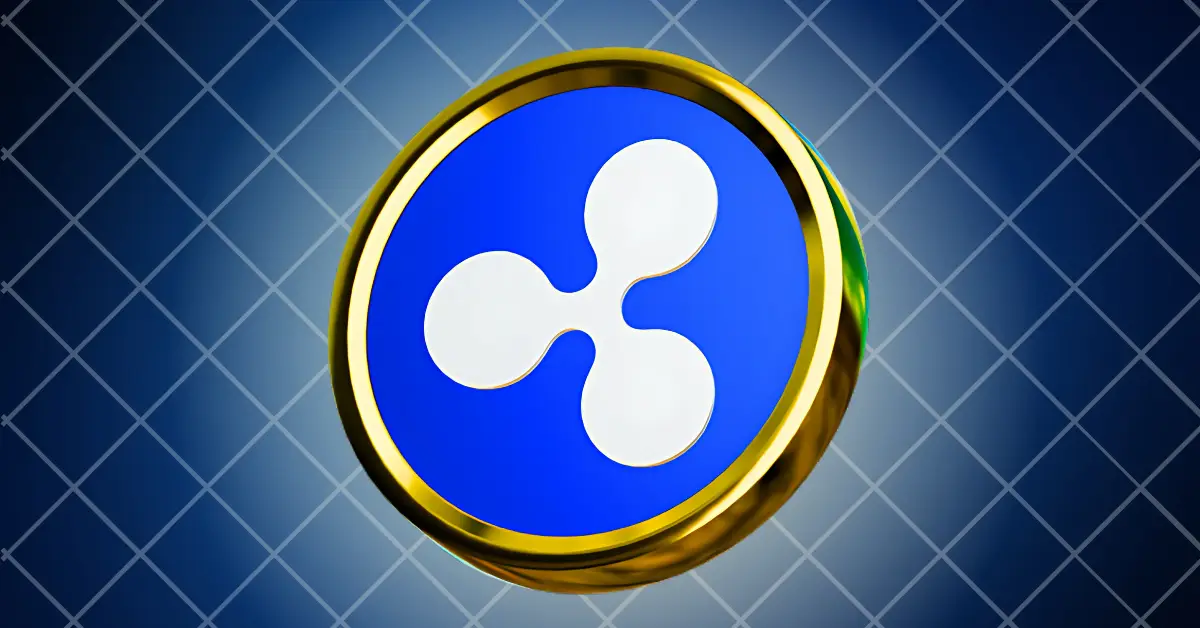
The financial world’s shifting sands just got a seismic jolt—and guess who’s holding the shovel? Ripple, the blockchain payments heavyweight, is tunneling into the Middle East like a crypto-minded mole with a platinum credit card. And here’s the kicker: they’re not just setting up shop in the UAE; they’re rewriting the rulebook on how money moves across borders. So grab your metaphorical magnifying glass, dude, because we’re about to dissect why Abu Dhabi’s skyline might as well be plastered with XRP logos.
1. The UAE: A Regulatory Playground for Crypto Cowboys
Let’s talk about the UAE’s secret sauce: *regulatory clarity*. While other countries waffle over crypto like it’s a suspicious thrift-store find, Abu Dhabi and Dubai have rolled out the red carpet. Enter Mubadala, the UAE’s $10 billion investment fund, which has been turbocharging fintech like a barista on triple espresso shots. Ripple didn’t just notice—it pounced.
Case in point: Ripple’s $1.25 billion acquisition of Hidden Road, a brokerage firm that straddles digital and traditional assets. This isn’t just a shopping spree; it’s a power move that makes Ripple the first crypto company to own a *multi-asset prime broker*. Translation? They’re merging Wall Street’s old-money swagger with blockchain’s disruptor energy. And with the XRP Ledger’s speed and low costs, Ripple’s betting big that Abu Dhabi will become the next global crypto hub. Seriously, even Sherlock Holmes would nod approvingly.
2. Partnerships That Pack a Punch (and Save You Fees)
But wait—there’s more! Ripple isn’t just hoarding companies like a dragon with a treasure fetish. They’ve inked deals with UAE banks to create XRP-backed payment corridors, slashing the time and cost of cross-border transfers. Imagine sending money from Dubai to London faster than you can say “overpriced latte.”
Then there’s the Dubai Financial Services Authority (DFSA), which handed Ripple its *55th compliance license*. That’s not just a gold star; it’s a backstage pass to the financial big leagues. With regulators playing nice, Ripple’s network is now tighter than a hipster’s skinny jeans.
3. Blockchain’s Future: Built in the Desert?
Here’s the plot twist: Ripple isn’t just *using* the UAE’s infrastructure—it’s *building* it. CEO Brad Garlinghouse has been hyping the UAE’s “advanced regulatory clarity” like it’s the next Bitcoin halving. The goal? To turn the region into a petri dish for financial innovation, where stablecoins and remittances evolve faster than a TikTok trend.
And let’s not forget the *real* mission: bridging the gap between crypto nerds and suit-and-tie bankers. With Hidden Road’s integration, Ripple’s proving that decentralized finance can play nice with traditional systems—no bloodshed required.
—
The verdict? Ripple’s UAE expansion isn’t just about market share; it’s a masterclass in strategic opportunism. Between acquisitions, partnerships, and regulatory wins, they’ve turned Abu Dhabi into the ultimate testing ground for the future of money. So next time you see a headline about crypto in the Middle East, remember: the game’s already been won by a blockchain detective in a tailored suit. Case closed, friends. 🕵️♂️
